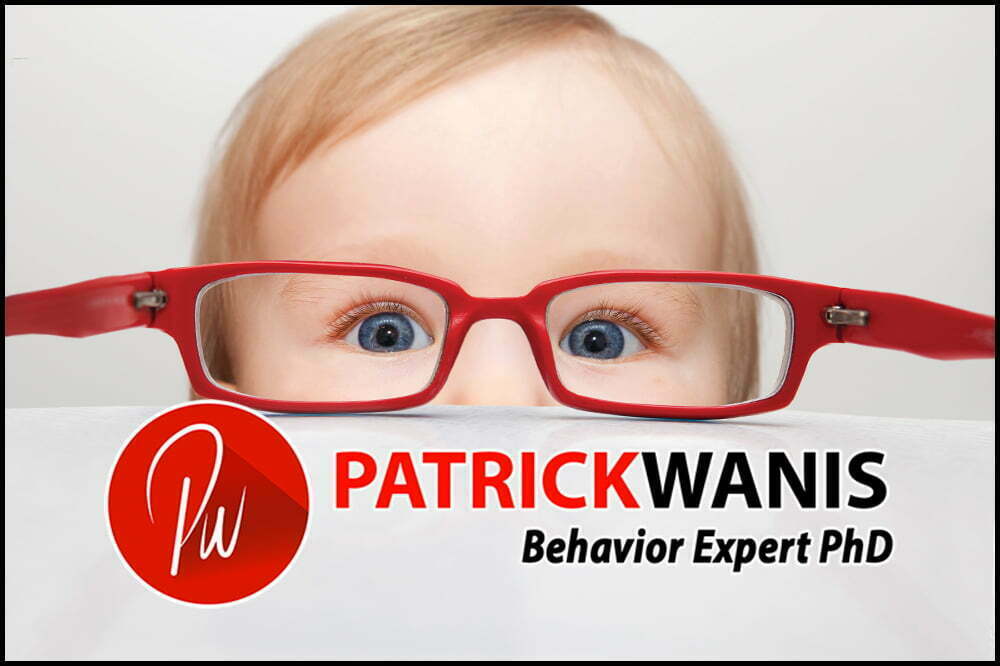First a quick update:
The Breakup Quiz
Are you heartbroken, angry, lost, lonely, confused, depressed, or pining over your ex? How would you like to benefit from personalized advice, action steps and revelations? Take my Free Breakup Quiz and get your own personalized report.
Real Life Tragedy – Do You Teach Morality & Ethics to Your Children?
Do you know the difference between morality and ethics? If your friend tells you a secret that could lead to his suffering or death, would you betray that secret? What do you teach your children? Watch the video
What does every child need from parents to grow into a healthy adult?
You have probably thought about some of the things you missed out on. Well, here is a list of 60 things every child needs to thrive. Beware – it might also surprise you over the things that you didn’t get. The very basics for survival are food, water, shelter, physical touch & affection.
- Love (feeling loved and lovable)
- Praise
- Recognition
- Acknowledgment
- Encouragement
- Sincere interest & concern
- Time
- Positive attention (for good behavior VS for negative behavior)
- Undivided attention
- Connection
- Be seen
- Be heard & listened to
- Be understood
- Be validated
- Significance
- Acceptance
- Approval
- Patience
- Kindness
- Tolerance
- Forgiveness
- Empathy
- Compassion
- Warmth, open heart
- Teaching (education, life lessons, hope, optimism, resiliency, coping, self-efficacy)
- Discipline
- Guidance
- Boundaries
- Limits
- Direction
- Redirection
- Physical touch and affection
- Nurturing
- Protection
- Provision
- Security
- Stability
- Stable adult relationships
- Routine (leads to stability and security)
- Consistency
- Dependability/reliability/predictability
- Safety
- Safe environment
- Comforting
- Support (psychological)
- Positive role models
- Bonding
- Being together
- Companionship
- Belonging
- Feel wanted
- Feel celebrated
- Structured freedom (within boundaries and limits – time and venue)
- Play
- Self-expression
- Developing-responsibility (age-appropriate responsibilities)
- Interaction
- Identity
- Growth Mindset (‘you are not the mistake’)
- A home (the experience of a safe place to return where they belong and are wanted)
Every Child Needs You To Do What Dogs Do
I often cite to clients this one of many lessons from dogs:
Have you noticed the way a dog celebrates when its owner arrives home? Your dog jumps for joy, runs in circles, jumps all over you, licks you and barks with excitement.
A dog has no fear to express its love and excitement for you.
But what happens when you arrive home?
Does your partner get excited to see you?
Do you get excited to see your children?
Did your parents get excited when you came home or when they saw you?
Did your parents celebrate your existence?
Every child needs its parents to celebrate its existence so they can feel wanted, loved, significant and belonging to a family. Many of my clients come to me for help because they felt unwanted or rejected; some parents even said, “I didn’t want you!”
Children are needy!
When you look at the above list of 60 things every child needs, it is safe to say children are needy, particularly when it comes to attention. For children, attention is equivalent to love, and negative attention results in Twisted Love – a twisted definition of love. For example, a child who experienced abuse will often believe that abusive attention is love, subconsciously concluding that they are not worthy of healthy love. Various clients who were abused or experienced negative attention (Twisted Love from abuse) will say, “I don’t know what healthy love is.”
Finally, two key points about what every child needs
1 Children want freedom, while parents want obedience. Remembering this point helps a parent to understand and navigate the clashes.
2 A parent still must meet and balance their needs. The marriage/relationship must come first, so that a child can feel safe, secure, and have positive role models – particularly with regards to the expression of love, the resolving of conflicts, and healthy relationships. One study reveals that “…the quality of the parents’ marriage has both direct and indirect long-term consequences for parent-child affection“ and divorce leads to other behavioral problems in children.
If you need help to heal the pain of not having had your needs met in childhood, resolve it rapidly and easily, and be set free of the pain with my SRTT process. Book a one-on-one session with me.
You can add to the conversation below.
I wish you the best and remind you “Believe in yourself -You deserve the best!”
Patrick Wanis Ph.D.
Celebrity Life Coach, Human Behavior & Relationship Expert & SRTT Therapist
Anointed “The Woman Expert” by WGN Chicago, Patrick Wanis PhD is a renowned Celebrity Life Coach, Human Behavior & Relationship Expert who developed SRTT therapy (Subconscious Rapid Transformation Technique) and is teaching it to other practitioners. Wanis’ clientele ranges from celebrities and CEOs to housewives and teenagers. CNN, BBC, FOX News, MSNBC & major news outlets worldwide consult Wanis for his expert insights and analysis on sexuality, human behavior and women’s issues. Wanis is the first person ever to do hypnotherapy on national TV – on the Montel Williams show.

